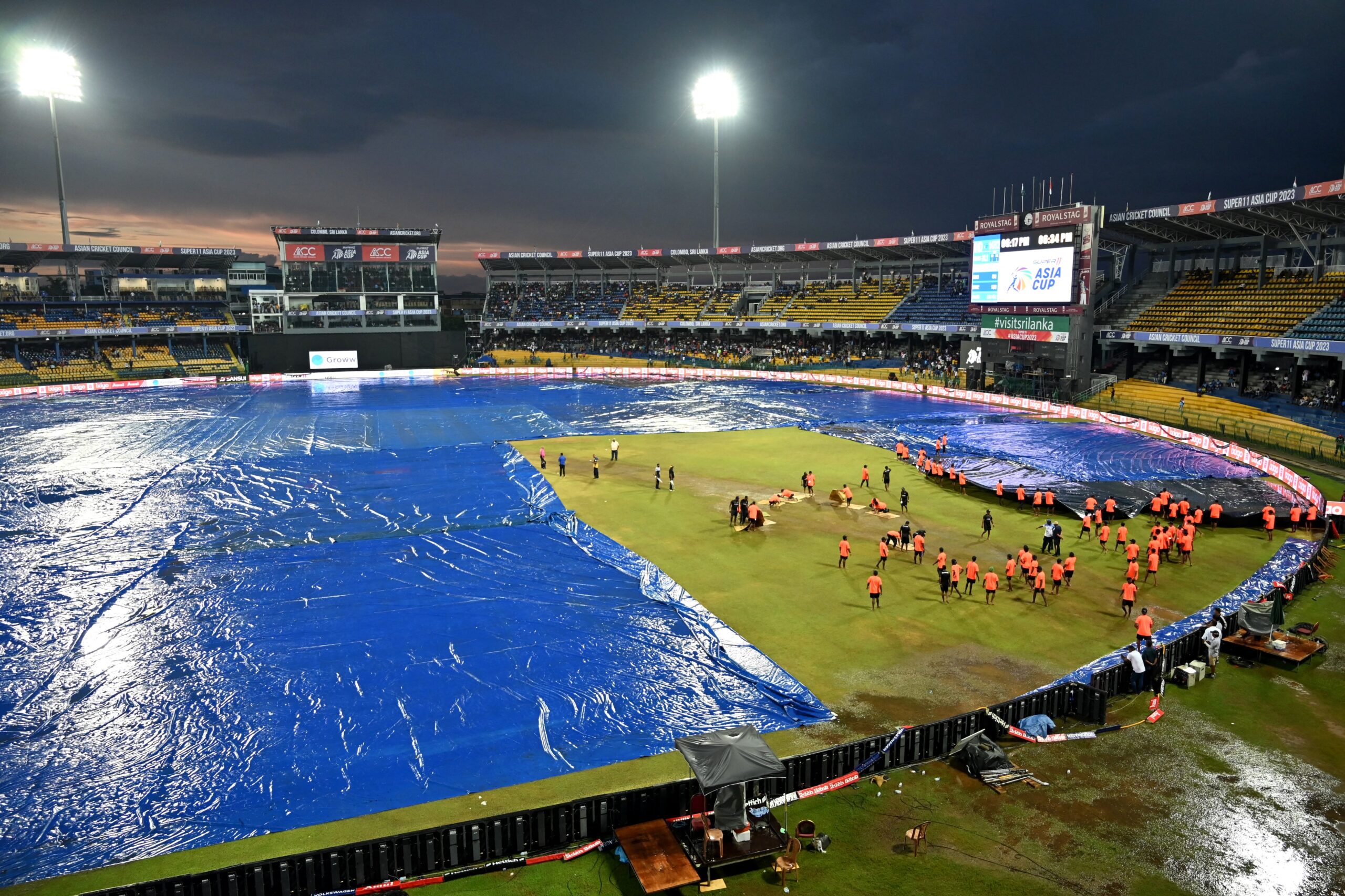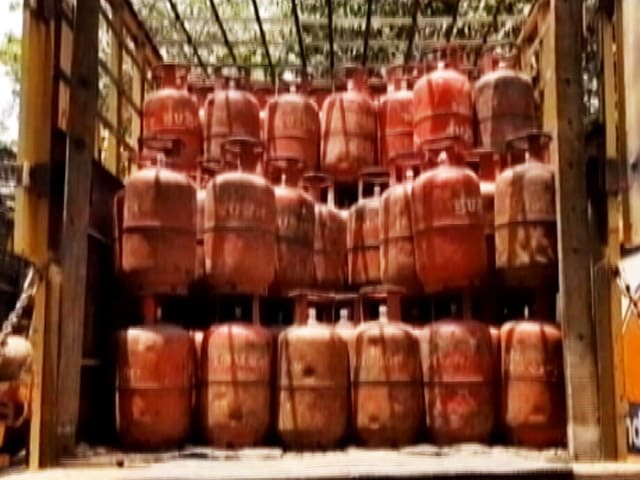The establishment of these tribunals was a much-awaited move for industry players, who had been approaching the High Courts and Supreme Court during the past six years. File
| Photo Credit: AFP
The Finance Ministry notified the constitution of 31 Appellate Tribunals across 28 States and eight Union Territories for the Goods and Services Tax (GST) late on Thursday night, setting the stage to resolve a growing number of taxpayer disputes with the Revenue Department.
The establishment of these tribunals — envisaged at the time of the implementation of the GST regime from July 1, 2017 — got a final clearance from the GST Council this July, and was a much-awaited move for industry players, who had been approaching the High Courts and Supreme Court during the past six years.
Editorial | An incomplete reform: On six years of the Goods and Services Tax
As of June 30, the number of pending appeals from taxpayers over central GST levies had spiked sharply to over 14,000. That marks a 20% growth from the number of such pending cases as on March 31 this year.
Tribunals in States
While States had proposed 50 tribunal benches to the GST Council, the Union government had signalled that they will come up in a phased manner, beginning with State capitals and cities with High Court benches. The first set of tribunals will become operational sometime between this November and January 2024.
To start with, Uttar Pradesh will have the highest number of benches of the GST tribunals, with three benches proposed to be set up across Lucknow, Varanasi, Ghaziabad, Agra, and Prayagraj. Karnataka and Rajasthan will have two benches each, while Maharashtra and Goa together will have three benches to take up appeals.
Editorial | Opportune moment: On the uptick in GST revenues
Tamil Nadu, along with Puducherry, will have two benches, as will Gujarat along with the Union Territories of Dadra and Nagar Haveli, and Daman and Diu. Disputes arising in West Bengal, Sikkim, and the Andaman and Nicobar Islands will be taken up by two benches of the tribunal to come up in Kolkata.
For the seven northeastern States, one tribunal bench has been proposed in Guwahati, with circuit benches in Aizawl, Agartala and Kohima that will be operationalised depending upon the number of appeals filed by suppliers in respective States.
Expediting adjudication
“Constitution of GST Appellate Tribunals (GSTATs) will expedite the process of adjudication and provide tax certainty specially in recurring litigative issues,” said Abhishek A. Rastogi, founder of Rastogi Chambers, who has argued various writ petitions before the High Courts in the absence of such a tribunal so far.
“Ensuring speedier and economic resolution of cases by dedicated and specialized GSTATs will help in bolstering business sentiments and ease of doing business in the country,” said Confederation of Indian Industry director general Chandrajit Banerjee.
The number of appeals against the orders of first Appellate Authorities has been rising sharply. In the last two years alone, such appeals more than doubled from 5,499 in 2020-21 to 11,899 cases in 2022-23, he pointed out.
“Where the taxpayers feel that there has been a burden of high rate of pre-deposit, the decisions by the tribunal will give some relief,” Mr. Rastogi told The Hindu.











